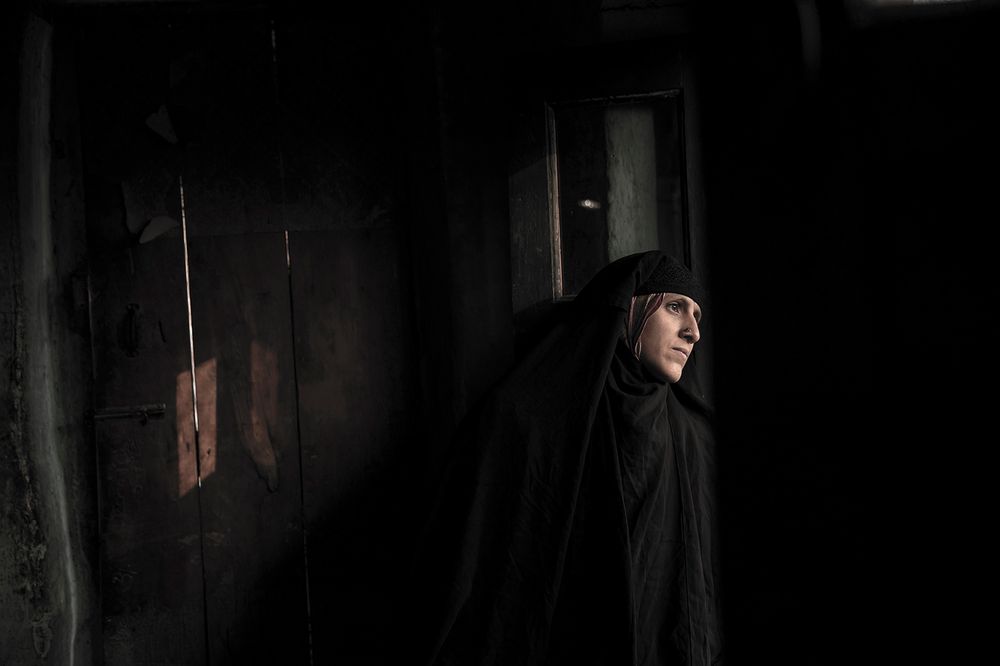In the bustling world of healthcare, where every moment counts and every life saved is celebrated, there exists a quiet army of volunteers who often go unnoticed and underappreciated: women. These dedicated individuals sacrifice their time, energy, and sometimes even their emotional well-being to support healthcare initiatives worldwide. Yet, their contributions are frequently undervalued, overshadowed by the larger mechanisms of medical care. Today, we shed light on why women healthcare volunteers are so crucial yet remain overlooked. The Unseen Heroes Imagine a bustling hospital ward, where doctors and nurses tirelessly attend to patients. Amidst this chaos, volunteers—often women—work tirelessly behind the scenes. They offer comfort to grieving families, guide confused patients through labyrinthine corridors, and provide invaluable support to healthcare professionals. These volunteers are the unseen heroes who bridge gaps in care, offering human connection in an increasingly mechanized healthcare system. Actionable Insights Advocacy for Recognition: It’s time to advocate for recognition of women healthcare volunteers. They deserve acknowledgment not just for their time but for their emotional investment in patient care. Training and Support: Provide comprehensive training and emotional support programs for volunteers. Recognizing their emotional labor is crucial in retaining dedicated volunteers. Policy Change: Advocate for policies that ensure fair treatment and recognition of volunteers within healthcare systems. Their contributions should be formally recognized and appreciated. The Emotional Toll Volunteering in healthcare settings can take a significant emotional toll. Women volunteers often find themselves comforting patients in distress, witnessing heartbreaking situations, and grappling with their own emotions in the process. Despite this, their efforts are frequently sidelined, their emotional labor overlooked. Urgent Call to Action The urgency lies in recognizing and valuing the contributions of women healthcare volunteers. They are not just a supporting cast but integral members of the healthcare ecosystem. Their efforts save time, improve patient outcomes, and provide much-needed comfort in times of crisis. Final Thoughts As we reflect on the vital role women healthcare volunteers play, let us remember their unwavering dedication and resilience. It’s time to elevate their voices, recognize their contributions, and ensure they receive the support and appreciation they deserve. By doing so, we not only honor their commitment but also strengthen our healthcare systems with compassion and empathy. In conclusion, the undervaluation of women healthcare volunteers is a systemic issue that requires collective action. Let us amplify the voice of widows who volunteer, ensuring their impact is felt and their efforts celebrated. Together, we can create a healthcare environment where every volunteer—especially women—is recognized as a pillar of strength and compassion.
Who Are Half-Widows? By Voice of Widows
In the heart of conflict zones, amidst the chaos and uncertainty, lives a group of women known as “Half-Widows.” These women endure a unique and harrowing plight, trapped in a liminal space between hope and despair, where the absence of their husbands leaves a void filled with unanswered questions and unfulfilled lives. Today, Voice of Widows sheds light on their stories, their struggles, and the urgent need for our collective action. The Term “Half-Widows” The term “Half-Widows” refers to women whose husbands have disappeared, often in conflict zones, without any trace or confirmation of their whereabouts. Unlike traditional widows, they do not have the closure of knowing whether their spouses are dead or alive. This ambiguous loss leads to profound emotional, social, and economic challenges. Living in Limbo Imagine waking up every day not knowing if your partner is dead or alive. This is the daily reality for half-widows. They live in a state of constant limbo, caught between mourning and hope, unable to move on with their lives. This unresolved grief is a heavy burden, affecting their mental health and well-being. Social and Economic Isolation Half-widows often face social ostracism. In many cultures, a woman without her husband is seen as incomplete, and without the certainty of widowhood, she lacks the societal support traditionally extended to widows. Economically, these women are often left destitute. With their husbands missing, they have no access to financial resources or property rights, leading to a life of poverty and struggle. The Emotional Toll The emotional toll on half-widows is immense. They suffer from anxiety, depression, and other mental health issues due to the constant uncertainty and stigma. Their children, too, grow up in an environment of insecurity and fear, impacting their development and future prospects. The Call to Action The plight of half-widows is a humanitarian crisis that demands immediate attention and action. Here are steps we can take to support these women and their families: 1. Raise Awareness Share their stories on social media, blogs, and community forums. Educate others about the unique challenges faced by half-widows. 2. Support Organizations Donate to NGOs and initiatives dedicated to helping half-widows. Volunteer your time and skills to support their programs. 3. Advocate for Policy Change Petition governments to recognize the rights of half-widows. Push for policies that provide financial aid, mental health support, and legal recognition to half-widows. 4. Provide Direct Aid Sponsor a half-widow or her children to ensure they have access to education and basic necessities. Create community support groups to offer emotional and social support. Conclusion The world cannot afford to turn a blind eye to the suffering of half-widows. Their plight is a call to our collective conscience, urging us to act with empathy, urgency, and determination. By raising our voices and extending our hands, we can bring hope and justice to these forgotten women. Half-widows are not just a statistic or a news headline—they are mothers, daughters, sisters, and friends. They deserve recognition, support, and above all, the chance to live a life of dignity. Together, we can make a difference. Stand with half-widows today.


